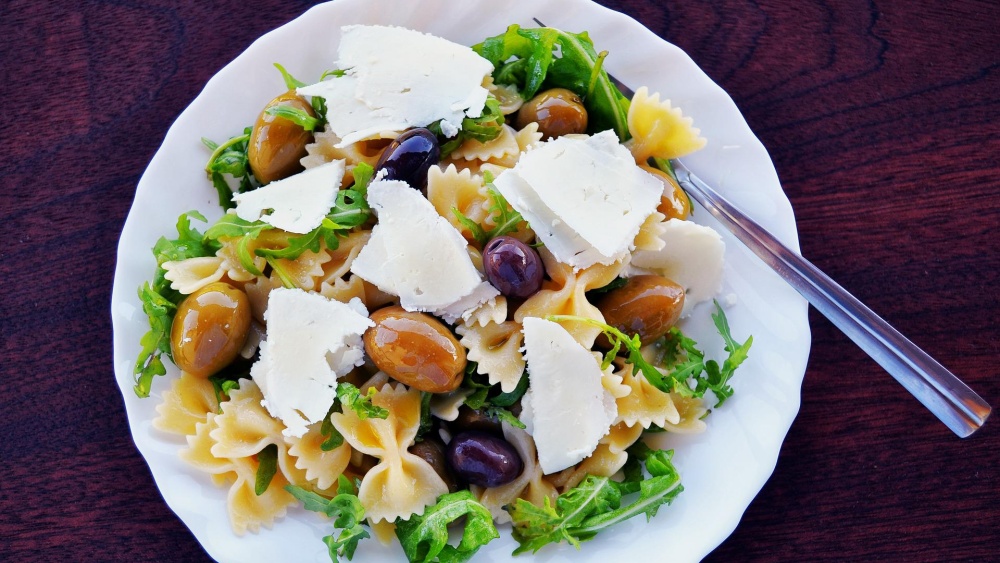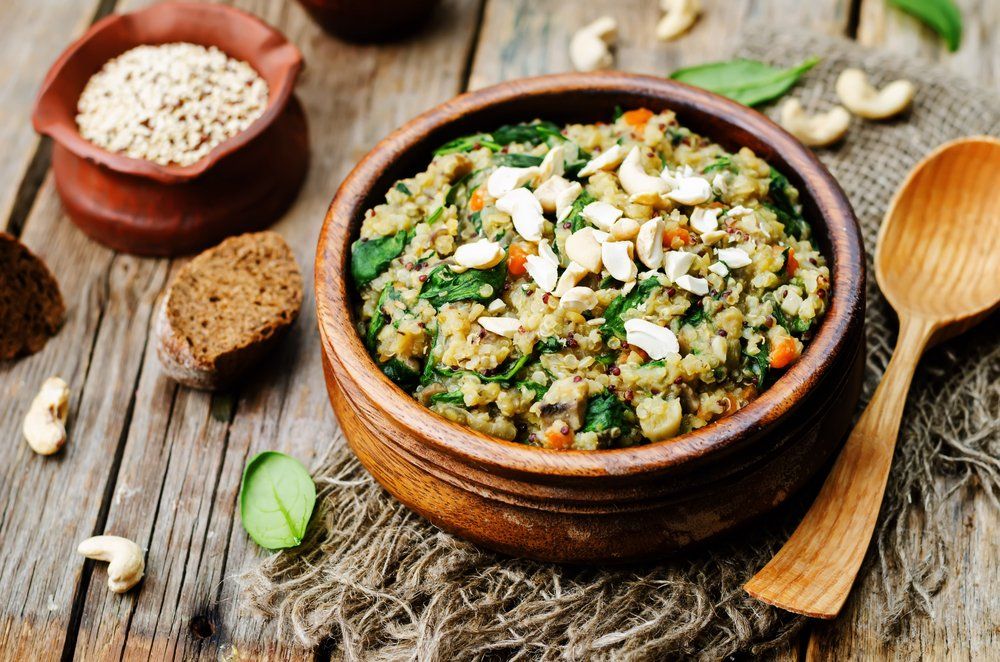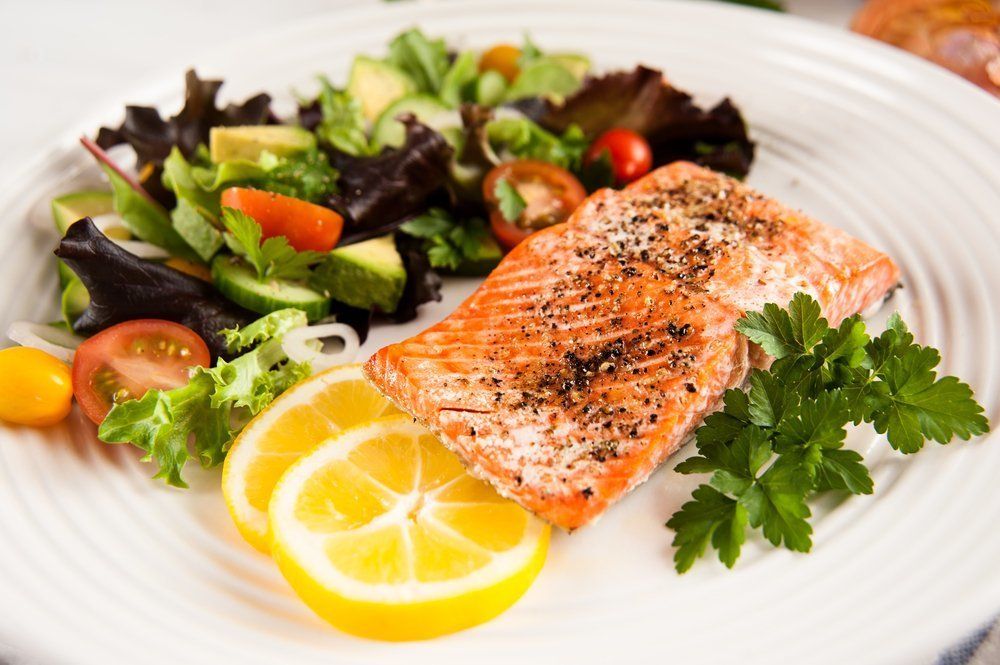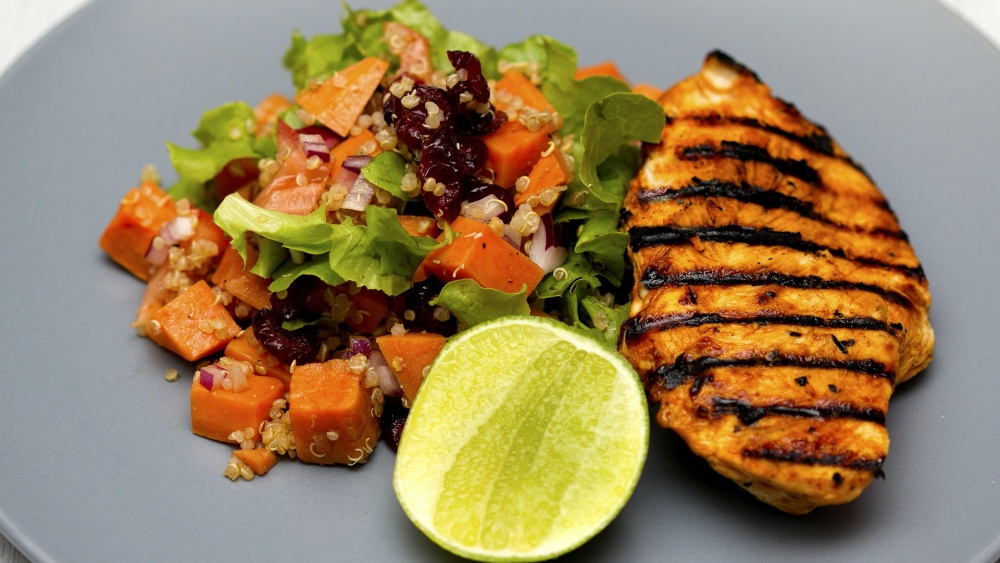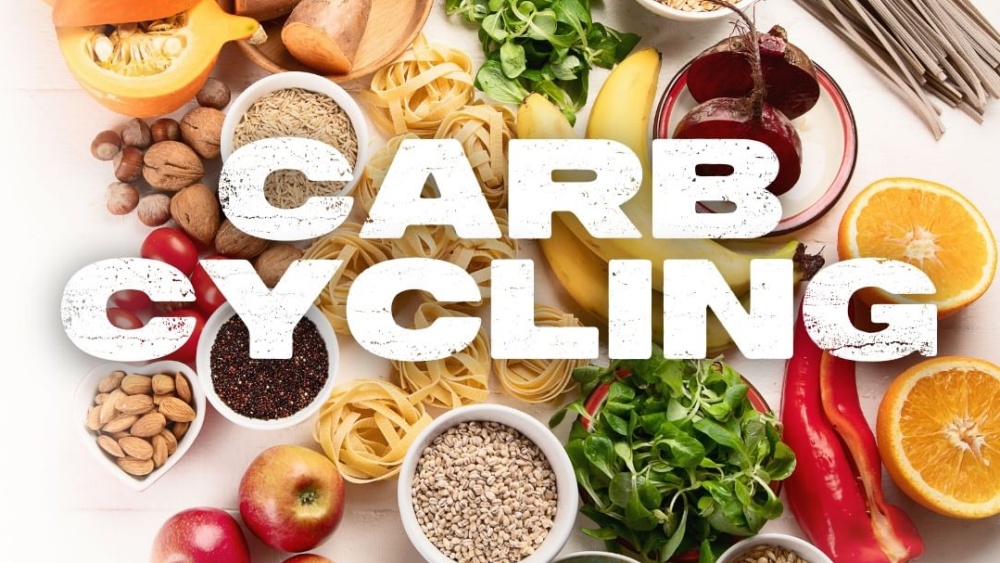The Mediterranean diet has held the top spot as the best overall diet for three straight years in the U.S. News & World Report. Countless studies have shown that people in the Mediterranean region, apart from working out regularly, also enjoy having healthier lives than people from other parts of the globe. Interestingly enough, the people in this region consume a wide range of goods, but their eating patterns are pretty similar.
Understanding The Mediterranean Diet
The Mediterranean diet has no restrictive rules, so you still can enjoy many of your favorite foods. Some of the guiding principles behind the Mediterranean diet include:
Consume More Plants
Most of your diet should consist of fruits, pulses, seeds, nuts, minimally processed grains (brown rice, oats, and quinoa), and vegetables when you’re on the Mediterranean diet. You should also add plant-based oils like olive oil and plant-based butter.
Eat Seafood At Least Twice Per Week
This includes fish like tilapia, salmon, sardines, and tuna. You should also add other types of seafood like shrimp, crabs, muscles, and scallops.
Eat Dairy Products In Moderation On Most Days
Mediterranean people consume dairy products almost daily, but it’s typically in moderation. Add dairy products like yogurt, cheese, and milk into your diet.
Cut Back On Animal Meats
The Mediterranean diet allows you to eat chicken and eggs on most days, but red meats like beef and pork should be consumed less frequently. These meats should be consumed along with large servings of vegetables.
Enjoy A Little Bit Of Wine
Wine is one of the Mediterranean region’s historical staples, and the diet allows you to consume wine daily. Women should consume no more than a five-ounce glass of wine, while men should limit their intake to no more than two five-ounce glasses.
Limit Refined Grains And Sugars
These foods tend to cause oxidative stress and inflammation, leaving you vulnerable to chronic health issues like cancer, memory problems, heart disease, and diabetes. Such foods should be consumed infrequently when following the Mediterranean diet.
Benefits Of Switching To A Mediterranean Diet
The Mediterranean diet isn’t like a traditional diet since it’s more inclusive than most diets are. There are no concrete rules besides eating more plants and opting for lean meats and animal products like chicken, eggs, and dairy products. The diet also recommends choosing organic, natural foods over products with additives like preservatives.
The Mediterranean diet being inclusive means you don’t have to deal with the problems typically associated with diets like not feeling full after meals or feeling deprived of your favorite foods.
Other benefits of switching to a Mediterranean diet include:
- It Improves Your Body Composition And Reduces Obesity: People who stick to a Mediterranean diet often lose weight if they’re overweight, which improves their total body composition. Their waistlines become slimmer, and excess fat on their bodies slowly melts away. It particularly helps people who are over the age of 40 to maintain healthy weights as their metabolism slows down.
- It Reduces Your Risk Of Cardiovascular Disease: Going on a Mediterranean diet is linked to lower rates of heart disease and death due to cardiovascular disease. This applies to overweight people who start the diet as well as those who start the diet while having a healthy weight.
- Improved Glucose Control: A Mediterranean diet helps people with type 2 diabetes to control their blood sugar levels.
- Lower Risk Of Depression: Studies show that people who follow a Mediterranean diet are less likely to develop mood disorders like depression.
- Preserves Bone Mass: The Mediterranean diet has been shown to decrease bone loss in premenopausal women.
- Reduced Inflammation: Consuming a Mediterranean diet reduces inflammation all over your body and protects against chronic issues caused by inflammation like diabetes, cancer, and arthritis.
Potential Drawbacks Of The Mediterranean Diet
The Mediterranean diet does a lot for your mind and body, but it does have some drawbacks. While the lack of concrete rules makes it one of their easier diets to follow, some people are better off with more rigid diets like the paleo diet since these programs reduce the decision overload that people often face when figuring out what to eat.
Also, the Mediterranean diet might be a drastic change for you if you’re used to consuming a fair amount of fast food or packaged foods. The Mediterranean diet might be overwhelming for you if your cooking skills are limited since it favors making all your meals from natural products from scratch. However, these obstacles can be overcome once you get past the initial hurdles of starting the diet.
Getting Started
You don’t need to do anything drastic to start the Mediterranean diet besides stocking up on fresh organic foods. Start with vegetables, fresh fruits, beans, nuts, seeds, poultry, whole grains, eggs, seafood, and dairy products.
It’s best to start the diet with meals you are already familiar with. For example, you make some whole grain pasta that’s been tossed with lots of vegetables like peppers, tomatoes, and broccoli. Feel free to add some plant-based oils like olive oil to your meal.
You can also try making a stir-fry with brown rice, lots of veggies, sesame oil, and shrimp. That’s the easiest way to switch to a Mediterranean diet. Instead of throwing out all the meals you’re already used to making, look to make changes to them, so they fit the diet guidelines.
Breakfast is arguably the easiest meal to adapt to the Mediterranean diet. It’s as simple as grating some carrots into your oatmeal or enjoying a yogurt smoothie made with fruits like peaches, mangoes, or berries and greens like kale.
You may also like:
